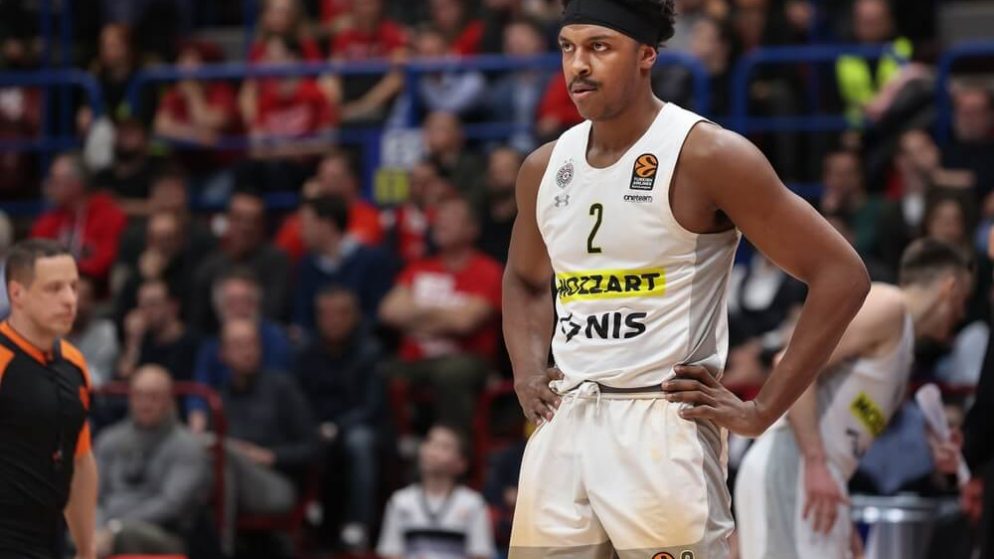

The sports betting landscape in Illinois has undergone a few changes in the last few years and it appears that the market may be slated for even more changes. Since sports betting was legalized in the state, Illinois has witnessed a surge in gambling activity, which has generated substantial revenue and attracted more local and national players in the market.
As the sports betting industry in Illinois has continued to mature, the law has also undergone several noteworthy changes. One of these changes has to do with gambling on in-state sports teams. Not too long ago, the state legislature voted to extend the ban on mobile sports betting in Tier 1 sports betting for Illinois teams until July 2024.
Under the current law, mobile betting on Tier 1 sports bets involving Illinois college sports teams remains banned. This means that punters in Illinois are not allowed to wager on state schools such as the University of Illinois, Illinois State, or Northwestern.
In Illinois, gambling is limited to in-person, pre-game betting on money lines, spreads, as well as totals. The recent extension of current system has been extended until July 1st next year, which means that the prohibition will most likely remain in place for the foreseeable future.
What we cover
What will the impact of this prohibition be on the market?
The decision to prohibit mobile betting on in-state college sports teams has raised questions about the possible impact on the state’s tax revenue. A faction of Illinois lawmakers believes that the extended ban means that the state will be leaving tax revenue on the table. A perfect example of this is the missed opportunities during the hugely popular March Madness tournament.
Because March Madness attracts some of the biggest college sports teams in the country, the gambling potential is massive. With the excitement and unpredictability of the tournament, bettors and sports fans eagerly place bets on their favorite teams, which creates a surge of gambling activity.
Unfortunately, due to Illinois’ restrictions on mobile betting on in-state college teams, the state has been missing out on a considerable portion of the potential revenue generated during March Madness and will continue to miss out until lawmakers amend the law. As a nationwide phenomenon, March Madness captivates everyone- fans and punters alike.
As the tournament showcases the best college basketball teams all competing for a championship, the intensity and drama of the tournament are what make it one of the best events for sports betting. Illinois, with its rich basketball tradition and its array of prominent college programs, is home to a base of passionate fans, as well as a strong sports betting market.
Because punters in Illinois did not take part in the March Madness 2023 betting activities, the state recorded a sports betting handle of approximately $1.07 billion. This amount ranked the state second among all legal sports betting states for the month. It should be noted that 97% of all bets were made online.
With Illinois and Northwestern both taking part in the 2023 NCAA Men’s Basketball Tournament, Illinois could have generated an even higher betting volume, which would have generated increased tax revenue. College sports have proven to be a huge revenue generator for other states such as New Jersey.
The current restriction has promoted further discussions about the legislation and whether the state should start considering more inclusive options. Fortunately, despite the recent extension of the prohibition, there continue to be ongoing efforts to expand gambling options for in-state college sports teams in the state.
For instance, Representative Jonathan Carroll introduced House Bill 4041 in April, to remove the language that bans licensed providers from accepting sports teams bets over the internet. The bill seeks to permit online sportsbooks to accept Tier 1 bets on collegiate teams as long as they are not related to an individual athlete’s capability or performance.
Even though House Bill 4041 had its first reading in April, there hasn’t been any significant progress made since the reading. The sports betting industry in Illinois has never been static and as long as these debates and discussions persist, the regulatory framework could be amended in the future.
Legislators and stakeholders will keep exploring opportunities for expanding the market, including the possibility of permitting mobile betting on in-state college teams. Proposed bills in the future will likely seek to amend existing laws while providing a more inclusive and competitive environment for punters in Illinois.
Where does the rest of the country stand as far as collegiate betting is concerned?
The landscape of collegiate gambling regulations varies from one state to the next, with each one having the authority to determine its own restrictions and rules. While several states have embraced collegiate gambling in various forms, others have implemented limitations like in Illinois.
Several states have maintained a permissive approach allowing gamblers to place bets in collegiate sports including in-state teams, without restrictions. The states that allow this practice recognize the popularity of college sports, as well as the potential economic benefits associated with gambling on such sporting events.
Examples of a few states that have maintained this permissive approach include New Jersey, Indiana, Nevada, Colorado, and Pennsylvania. Other states permit collegiate sports betting but have specific restrictions in place to deal with concerns relating to the integrity and welfare of both gamblers and players.
Some of these restrictions include limitations on certain types of wagers or specific regulations for in-state college teams. For example, Iowa allows collegiate sports betting but bans proposition wagers on individual athletes. Tenessee also allows collegiate gambling but prohibits any individual athlete proposition bets.
Most other states have opted to either limit or completely eradicate betting on college sports. This approach has primarily been driven by concerns over the integrity of the sports, as well as the desire to protect student-athletes. Examples of states that have prohibited collegiate betting include New Mexico, Washington, New York, and Connecticut.
Final Thoughts
It is important to note that just like in Illinois, the landscape of collegiate sports betting regulations is subject to change as states are allowed to reassess and revise their laws based on evolving points of view and market demands. The good news is that as the popularity of sports gambling continues to grow and more states regulate the practice, discussions, and debates surrounding collegiate gambling will most likely persist.






